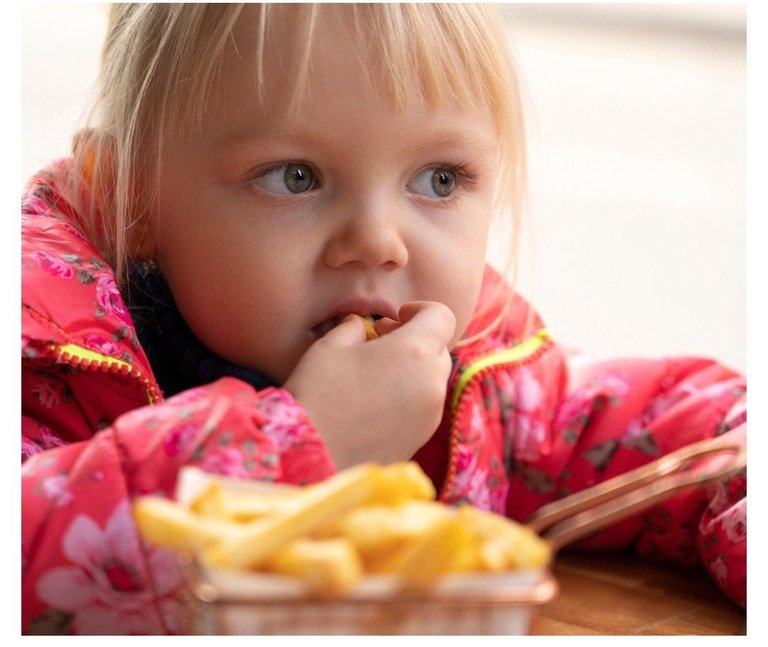I saw a plate of fried Irish potatoes in front of a little, pretty girl.
In 1998, Samantha, my elder brother’s adorable six-year-old daughter, visited Africa for the first time. She arrived with different types of cereal and canned food, as she was unfamiliar with our local dishes. After a week, she kept saying, “I want French fries and chicken,” but we didn’t fully understand her request since she spoke a different dialect.
Thinking she would enjoy it, we prepared locally made fried rice and chicken for her. However, she wasn’t pleased with the meal. Each time she ate, she would repeat, “I need French fries and chicken.” In an effort to make her happy, we prepared different meals and even bought her chocolate, but nothing seemed to satisfy her.
At that time, telephones were a luxury that only the wealthy could afford, so we had no way of contacting her parents for clarification. Curious, I finally asked her, “What are French fries?” She simply responded, “Potatoes.” Assuming she meant the sweet potatoes commonly found in our region, we fried some for her. To our surprise, when she tasted them, she became frustrated and angrily exclaimed, “This is not what I want!”
Annoyed, I left her with my mother, who doted on her first grandchild. Meanwhile, my brother, who had been away on a business trip in Northern Nigeria, was unaware of the food struggle. Two weeks later, he returned with Irish potatoes, confident that Samantha would love them.
Excited, I rushed to the kitchen and fried them. To my amazement, Samantha’s face lit up with joy. She smiled, eagerly eating her French fries, and for the first time, she said, “Thank you, Auntie.” Seeing her happiness, I attempted to eat the Irish potatoes the same way she did, but I found the taste quite different from sweet potatoes.
